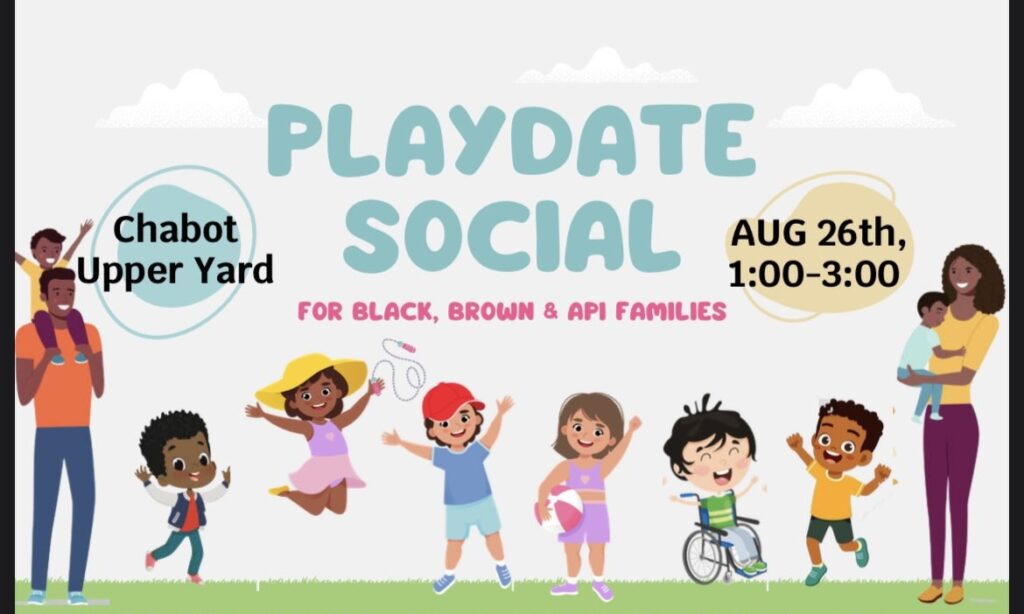Lawsuit filed against California school district that hosted racially segregated ‘playdate’
A California school district is being sued for refusing to disclose information about a racially segregated social event it hosted.
Judicial Watch, a government watchdog and educational…

A California school district is being sued for refusing to disclose information about a racially segregated social event it hosted.
Judicial Watch, a government watchdog and educational foundation, recently filed a suit against the Oakland Unified School District, claiming that OUSD is breaking California law by refusing to comply with a public records request.
Last fall, Judicial Watch requested information about a “Playdate Social for Black, Brown and API [Asian and Pacific Islander] Families” that was held in August at Chabot Elementary School.
“This Oakland school segregated ‘playdate’ shows how the extremist Left is embracing anti-white segregation in our schools,” said Tom Fitton, president of Judicial Watch, in a press release. “And to make matters worse, the Oakland school district leaders are unlawfully hiding records about this deplorable abuse of schoolchildren.”
Ironically, the event which excluded white families and students was hosted by the school’s Equity and Inclusion Committee, which claims to “creat[e] inclusive school environments for all.”
Judicial Watch requested records regarding the planning of the event, who approved the event, communication between OUSD leadership and Chabot leadership about the event, any concerns about the participation or exclusion of families who aren’t “Black, Brown & API,” as well as information about hosting race-selective events.
However, OUSD failed to uphold its legal obligation to provide the records, the lawsuit says.
Schools around the country have similarly been criticized for hosting segregated events or even offering segregated classes.
An Illinois school district recently came under fire for offering separate classes for students of color, taught by teachers of color. Critics argued the practice violated the civil rights of both students and staff.
And a public university in Michigan was criticized for holding multiple graduation ceremonies tailored to different ethnicities, and another designated for LGBT students.



